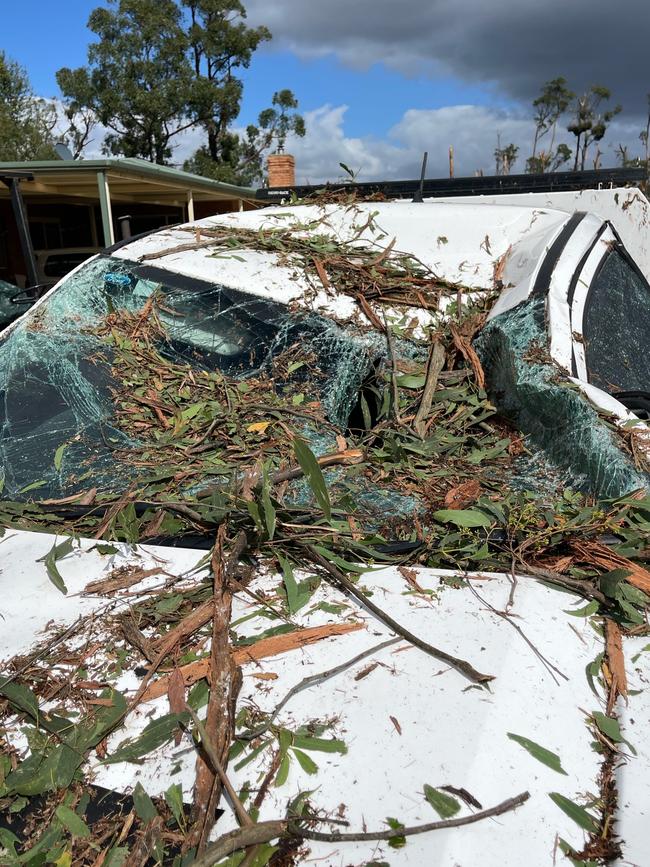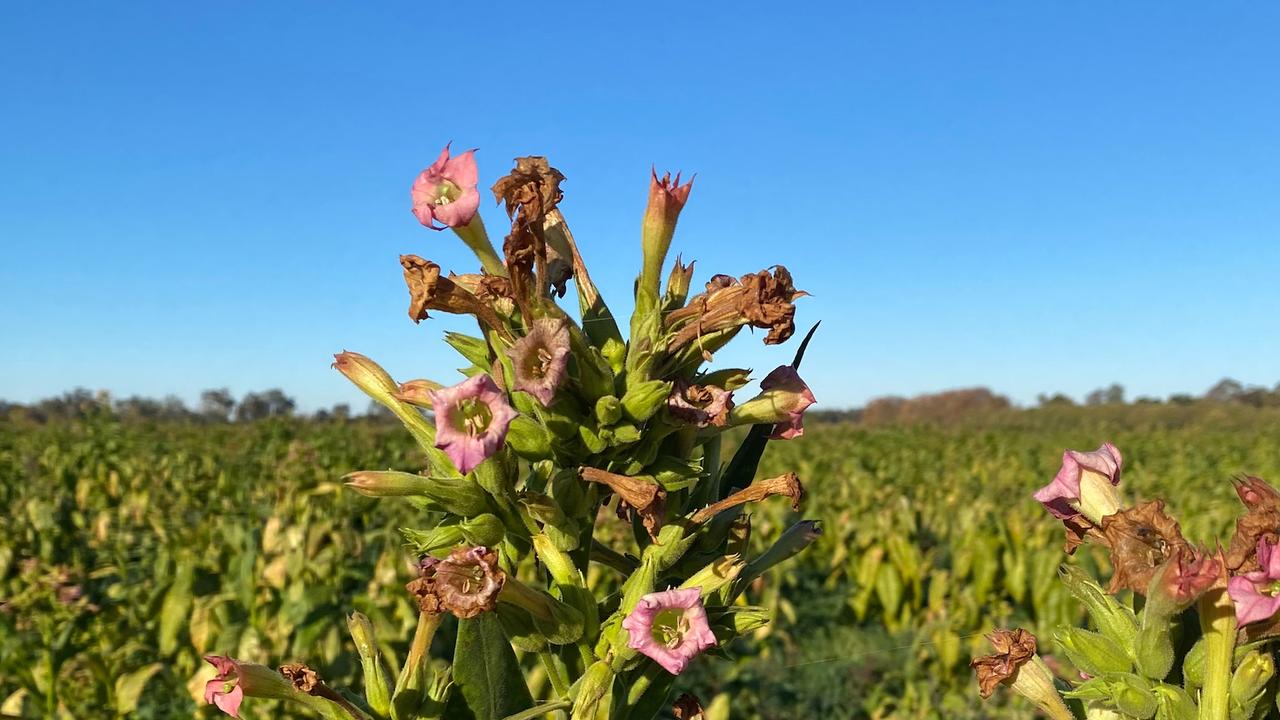Madeleine Stuchbery: 24 hours off the grid as wild storms sweep Victoria
When thousands lost power in Gippsland this week, life was turned upside down, evoking memories and emotional whiplash of Covid-era chaos.
Rural communities live on the frontline of natural disaster and disruptive events.
And this week Mother Nature really dished it up to regional Victorians.
First, an earthquake shook the South Gippsland townships near Foster in the early hours of Friday, February 9.
The first proper heatwave this year resulted in bushfire conditions for the Grampians.
Then, in my neck of the woods, wild winds and a fierce thunderstorm late on Tuesday afternoon brought reprieve from the heat, but the sound of trees falling, and deck chairs clattering on the veranda outside.
So when the power dropped out late Tuesday afternoon, I wasn’t surprised.
If anything, I was glad the outage happened just as the cool change whipped through my Gippsland town, meaning the concept of a couple of hours sans airconditioning was at least bearable.
As the hours slipped by, the bars of signal on my phone faded and the mood changed.
What at first felt like an adventure, a temporary reprieve from reality, soon became a logistic nightmare.
What would happen to all the frozen food in my freezer? How do I boil water? Will the petrol stations be open?
We put ourselves to bed at the same time the sun sank below the horizon, a good night’s sleep the salve to our worries.
But the morning brought with it the deafening absence of the humming fridge. The lack of lights from neighbouring farms that usually dot the hills like satellites confirmed we were still off-grid.
I sat in the car in the driveway and turned the engine over just to listen to the radio, which reported hundreds of thousands of homes across the state were without power, with no certainty as to when it would be reconnected.

There’s a Telstra payphone outside the milk bar around the corner from my house. So off we went – husband, child, the dog, and I – to attempt contact with the outside world, to call family and update my editor.
But the phone line was down, the phone box useless.
A quick drive through town revealed the toll on the community.
The petrol station was closed, its windows black and the pumps silent.
Generators grumbled in driveways and front lawns, extension cords snaking their way through open window and front doors.
Driving past the schools, small children held their parents’ hands as they walked back to their cars, the schools shut with teachers waving students away.
At the supermarket, the lights of the empty freezers emitted an eerie fluorescent glow, the doors barricaded shut to prevent people from opening the doors, further spoiling the produce.
I used the flashlight on my otherwise useless phone to scan the shelves for UHT milk, for dry biscuits and coffee syrup.
An employee in a green polo shirt spoke rapidly into a phone, organising delivery of skips for the mounds of produce and fresh meat destined for the bin.
Something akin to emotional whiplash rose up in me, the memories of 2020 lockdowns lingering at the edge of my memory.
The power came back on at our house late on Wednesday, almost a day after our world fell silent.
And it didn’t take long for us to whip around the house plugging appliances back in, tuning the radio into the news, tentatively opening the fridge to survey the damage, and to run a hot shower for our child.
While 5G and 4G phone service was limited, the 3G offered enough bars to call family, to ring my workplace and confirm that yes, I was still alive and kicking.
A small part of me grieved the reconnection, the loss of quiet time and the space to sit and read, to simply exist without having to respond to the pings and chimes of a telephone.
But for those communities who, as I write this, are still waiting for the lights to come back on and face an uncertain period of disconnect, frustrations must be mounting.
Living in Gippsland, the shadows of the power station substacks at Morwell loom in my childhood memories.
And recent discourse about the viability of renewable energy in agriculture has resulted in many heated conversations of late.
Regardless your politics or views on the future of energy production in this country, the vulnerable underbelly of community is left bare and exposed, particularly for isolated regional townships, when the phone goes dead and the lights go out.





